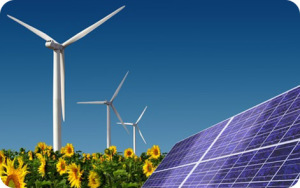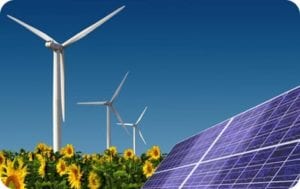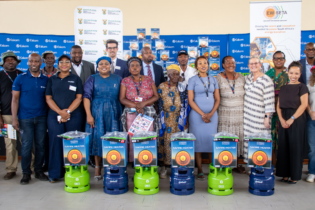
Members of the Infrastructure Consortium for Africa (ICA) have thrown their weight behind helping Africa achieve its target of 300GW of power from renewable energy by 2030.
Commenting on the reaction to the report, the ICA’s Coordinator, Mohamed Hassan, said: “ICA members felt that both the scope and analysis of data was commendable, specifically the coverage of 44 countries in Africa, while the private sector survey was extremely helpful in identifying major constraints to creating an enabling environment.”
Implementing Renewable Energy Initiatives The open Plenary Meeting on the second day focused on Implementing Renewable Energy Initiatives in Africa. In addition to highlighting the key role that renewable energy can play in Africa’s economic development and flagging up the need for a ‘pipeline’ of well-prepared renewable energy projects, other key messages from the meeting included:- Political will and commitment at the highest level was vital if Africa is to achieve a target of 300GW of renewable energy by 2030, but this must also be supported by strong institutions and frameworks that inspire confidence.
- There is no ‘one size fits all’ solution for Africa’s energy challenges. Renewable energy, using a variety of technologies, can play a vital role in widening access to power, particularly as some technologies can be introduced rapidly.
- The role and experience of the private sector will be vital if the 300GW of renewable energy by 2030 target is to be met.
- Capacity building, skills improvement, job creation and the sharing of best practice were also critical factors if Africa’s target of 300GW of power from renewable energy sources by 2030 is to be achieved.







